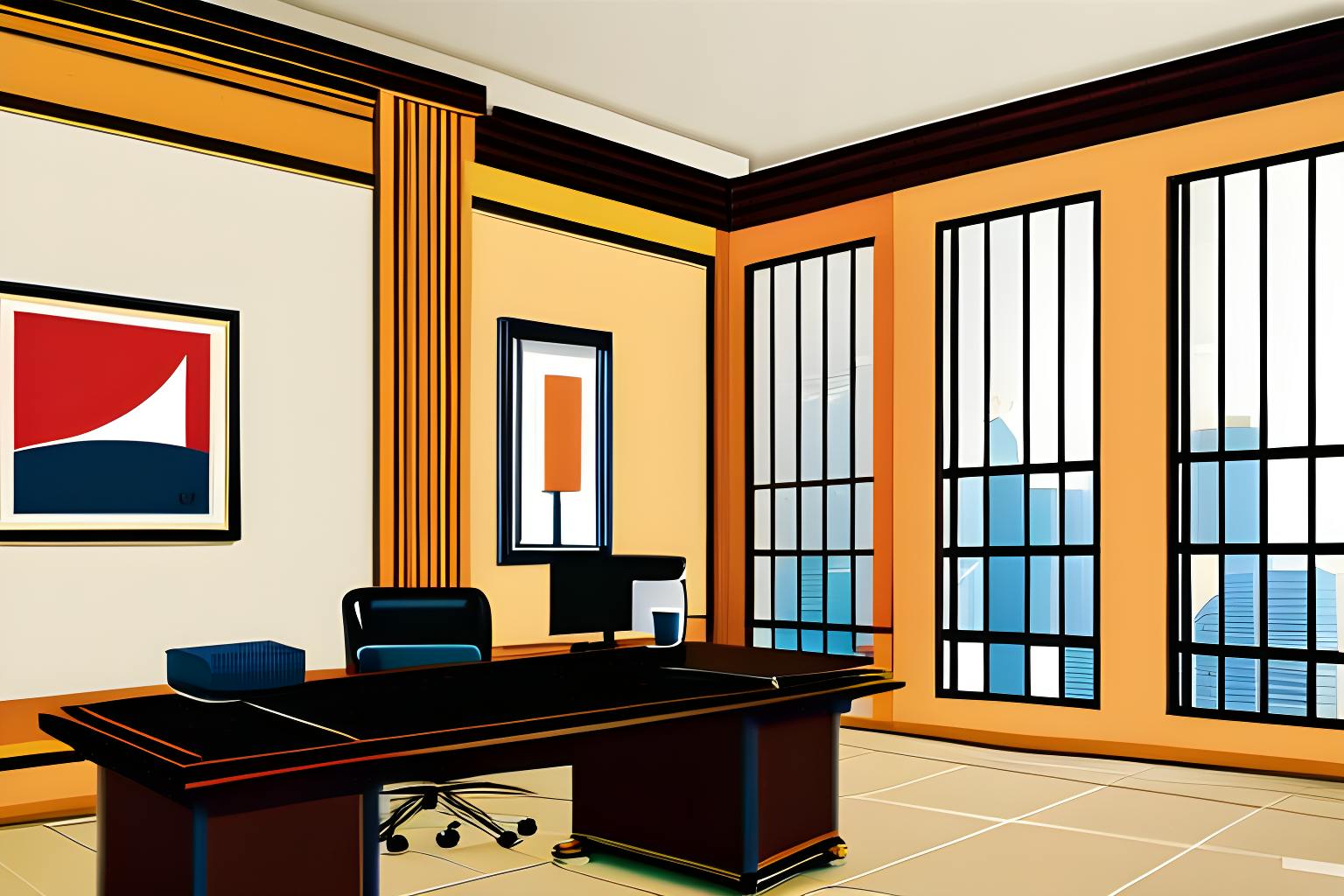Oracle vs. Google (2014) Court Filing, retrieved on May 9, 2014, is part of HackerNoon’s Legal PDF Series. You can jump to any part in this filing here. This is part 15 of 16.
III. GOOGLE’S POLICY-BASED ARGUMENTS
Many of Google’s arguments, and those of some amici, appear premised on the belief that copyright is not the correct legal ground upon which to protect intellectual property rights to software programs; they opine that patent protection for such programs, with its insistence on non-obviousness, and shorter terms of protection, might be more applicable, and sufficient. Indeed, the district court’s method of operation analysis seemed to say as much. Copyrightability Decision, 872 F. Supp. 2d at 984 (stating that this case raises the question of “whether the copyright holder is more appropriately asserting an exclusive right to a functional system, process, or method of operation that belongs in the realm of patents, not copyrights”). Google argues that “[a]fter Sega, developers could no longer hope to protect [software] interfaces by copyright . . . Sega signaled that the only reliable means for protecting the functional requirements for achieving interoperability was by patenting them.” Appellee Br. 40 (quoting Pamela Samuelson, Are Patents on Interfaces Impeding Interoperability? 93 Minn. L. Rev. 1943, 1959 (2009)). And, Google relies heavily on articles written by Professor Pamela Samuelson, who has argued that “it would be best for a commission of computer program experts to draft a new form of intellectual property law for machine-readable programs.” Pamela Samuelson, CONTU Revisited: The Case Against Copyright Protection for Computer Programs in Machine-Readable Form, 1984 Duke L.J. 663, 764 (1984). Professor Samuelson has more recently argued that “Altai and Sega contributed to the eventual shift away from claims of copyright in program interfaces and toward reliance on patent protection. Patent protection also became more plausible and attractive as the courts became more receptive to software patents.” Samuelson, 93 Minn. L. Rev. at 1959.
Although Google, and the authority on which it relies, seem to suggest that software is or should be entitled to protection only under patent law—not copyright law— several commentators have recently argued the exact opposite. See Technology Quarterly, Stalking Trolls, ECONOMIST, Mar. 8, 2014, http://www.economist. com/news/technology-quarterly/21598321-intellectualproperty-after-being-blamed-stymying-innovationamerica-vague (“[M]any innovators have argued that the electronics and software industries would flourish if companies trying to bring new technology (software innovations included) to market did not have to worry about being sued for infringing thousands of absurd patents at every turn. A perfectly adequate means of protecting and rewarding software developers for their ingenuity has existed for over 300 years. It is called copyright.”); Timothy B. Lee, Will the Supreme Court save us from software patents?, WASH. POST, Feb. 26, 2014, 1:13 PM, http://www.washingtonpost.com/blogs/the-switch/wp/ 2014/02/26/will-the-supreme-court-save-us-from-softwarepatents/ (“If you write a book or a song, you can get copyright protection for it. If you invent a new pill or a better mousetrap, you can get a patent on it. But for the last two decades, software has had the distinction of being potentially eligible for both copyright and patent protection. Critics say that’s a mistake. They argue that the complex and expensive patent system is a terrible fit for the fast-moving software industry. And they argue that patent protection is unnecessary because software innovators already have copyright protection available.”).
Importantly for our purposes, the Supreme Court has made clear that “[n]either the Copyright Statute nor any other says that because a thing is patentable it may not be copyrighted.” Mazer v. Stein, 347 U.S. 201, 217 (1954). Indeed, the thrust of the CONTU Report is that copyright is “the most suitable mode of legal protection for computer software.” Peter S. Menell, An Analysis of the Scope of Copyright Protection for Application Programs, 41 Stan. L. Rev. 1045, 1072 (1989); see also CONTU Report at 1 (recommending that copyright law be amended “to make it explicit that computer programs, to the extent that they embody an author’s original creation, are proper subject matter of copyright”). Until either the Supreme Court or Congress tells us otherwise, we are bound to respect the Ninth Circuit’s decision to afford software programs protection under the copyright laws. We thus decline any invitation to declare that protection of software programs should be the domain of patent law, and only patent law.
Continue Reading Here.
About HackerNoon Legal PDF Series: We bring you the most important technical and insightful public domain court case filings.
This court case 10-CV-3561 retrieved on September 22, 2023, from law.justia.com is part of the public domain. The court-created documents are works of the federal government, and under copyright law, are automatically placed in the public domain and may be shared without legal restriction.

